Huntington’s Disease is named after George Huntington, an American Physician who identified it in the year 1872. It is more common in people with European and Indian ancestry affecting 3 to 7 people out of every 1 lakh individuals. It is less common in other ancestries like African or Japanese ancestry. Signs and symptoms start appearing somewhere between the 30 -50 age group of people. Simple activities like swallowing food, walking, thinking, reasoning or talking becomes a challenge for people suffering from it.
HD Complications
There could be mood changes, personality changes, lack of focus, lethargy, onset of depression, loss of coordination between the different parts of the body affecting the body’s overall function. The onset of symptoms is different for different individuals. Some people would experience deterioration in motor skills first and then mood changes, while others would have depression and mood related symptoms first like anger, apathy, antisocial behaviour, aggression, frustration, stubbornness etc. and then complications in motor skills.
How one gets Huntington’s Disease
If a person inherits a faulty gene from his / her parents, there are chances of Huntington disorder. There are 50% chances of inheriting faulty genes. The chances of symptoms before 20 years of age are very low. However, if it starts getting evident before 20 years of age, it's referred to as Juvenile Huntington’s Disease. There are about10% of chances of the symptoms getting evident at 60 years of age or after. People can live from somewhere between 10-30 years after getting diagnosed with the disease. If it's juvenile Huntington, it can get fatal, within 10 years of diagnosis. The key is in how well it is managed by support from doctors and caregivers.
How to manage Huntington’s Disease
There are medications to improve the quality of life of this incurable disorder. Apart from that it can be managed by therapies like physical and occupational therapy, speech therapy etc. If the recognition of the problem is timely, there are chances of it getting treated with positive results in the area of physical, emotional and cognitive well being, say researchers. A study published in BMC Neurology, indicate towards the fact that there is a need of more awareness among the masses in India about it. There is also a need for better management strategies at the end of healthcare professionals. Since gene therapy is the future, chances of Huntington’s Disease can be reduced by having genetic testing during the gestation phase itself.

 Huntington Disease (HD) is a hereditary disorder that damages the brain cell. When toxic protein gets collected in the brain, it starts causing damage, leading to symptoms of HD. The complications start getting fatal over the course of time making it difficult to do simple activities.
Huntington Disease (HD) is a hereditary disorder that damages the brain cell. When toxic protein gets collected in the brain, it starts causing damage, leading to symptoms of HD. The complications start getting fatal over the course of time making it difficult to do simple activities.





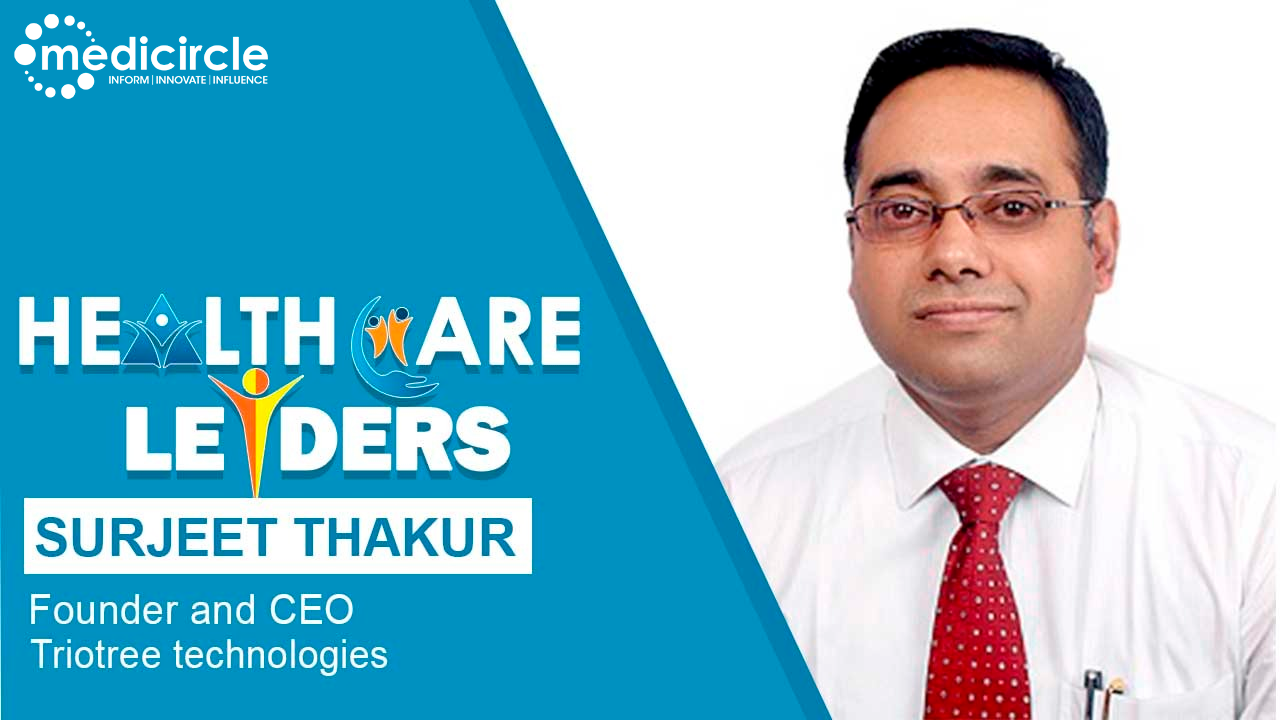
.jpg)
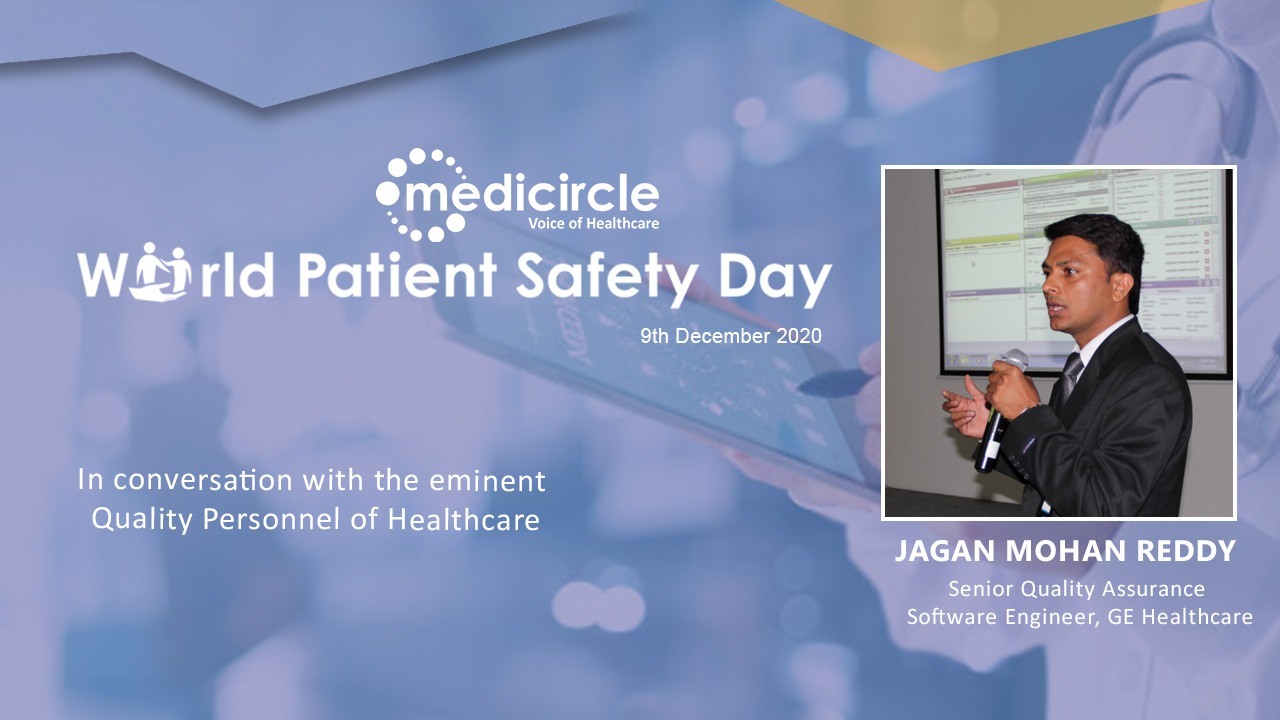

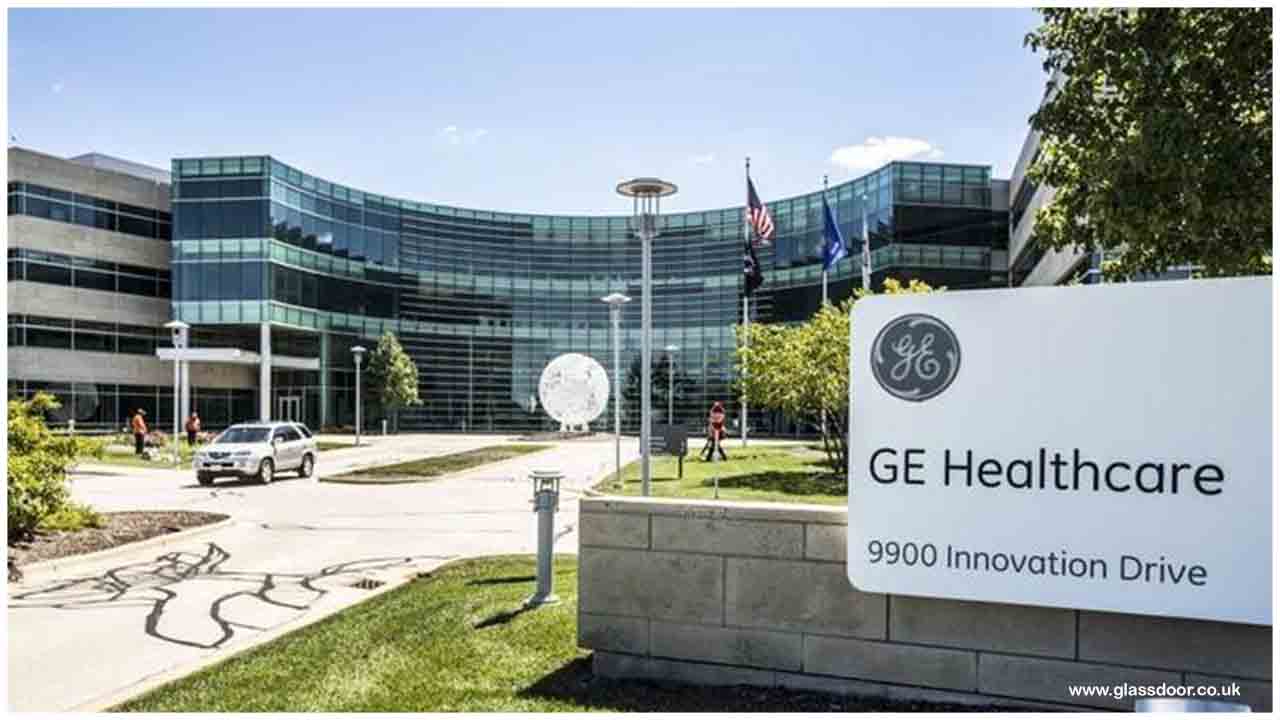
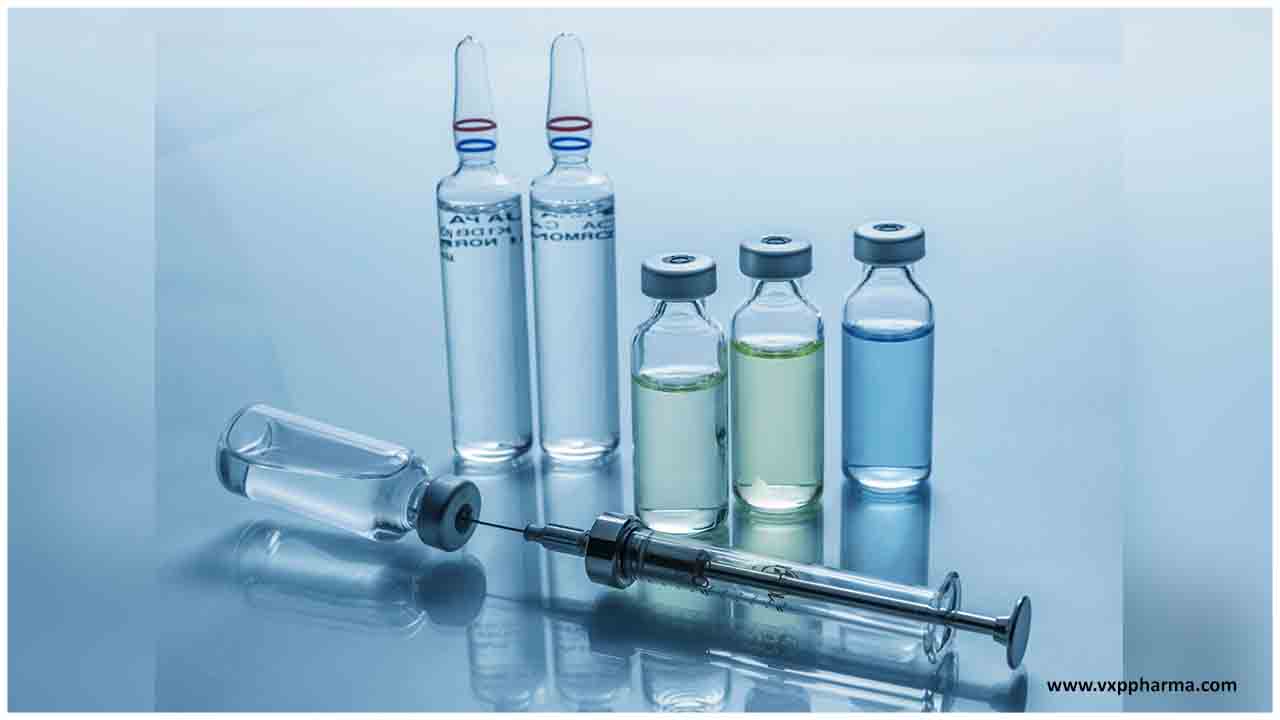
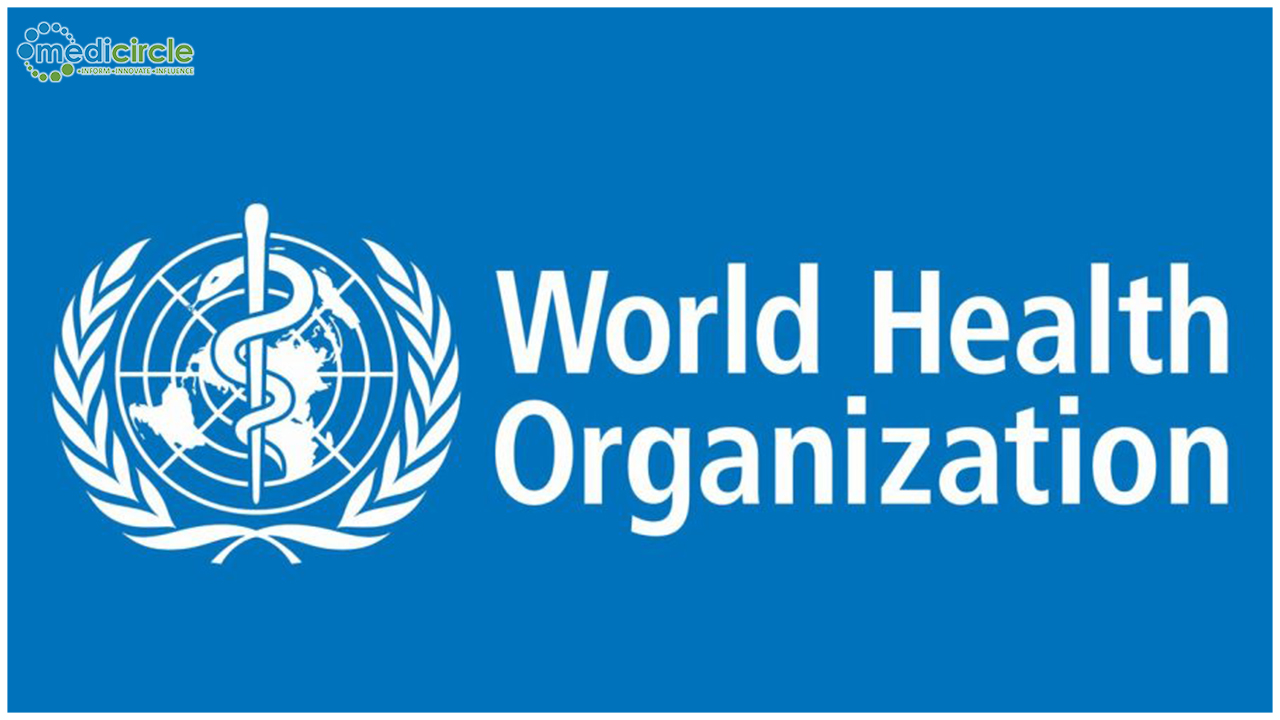
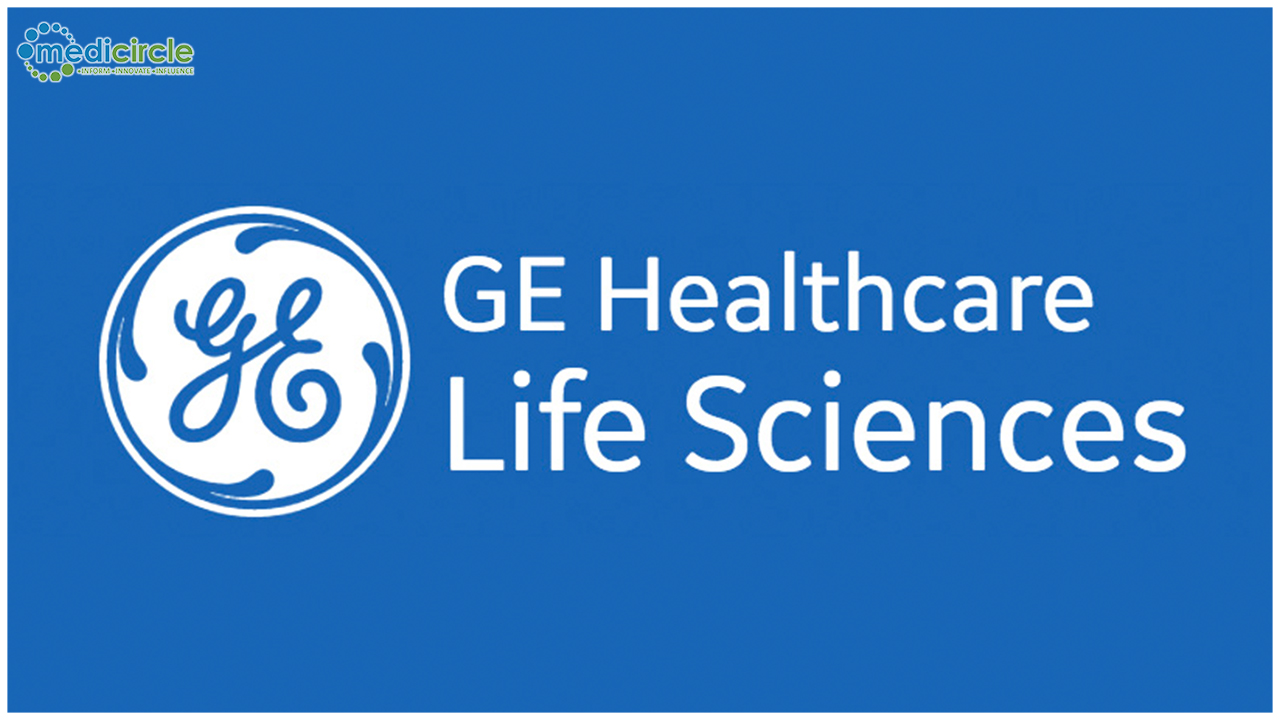





.jpeg)

.jpeg)










.jpg)




.jpg)

